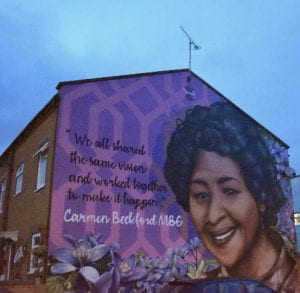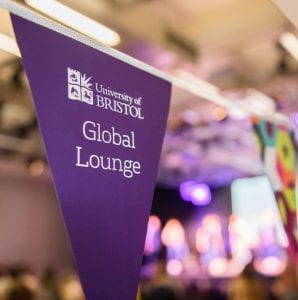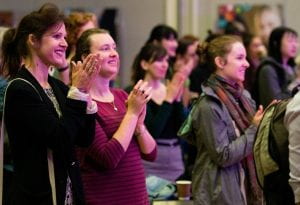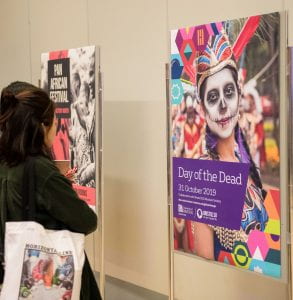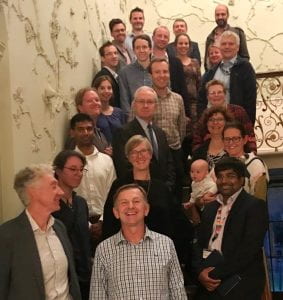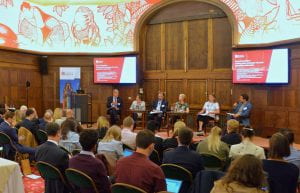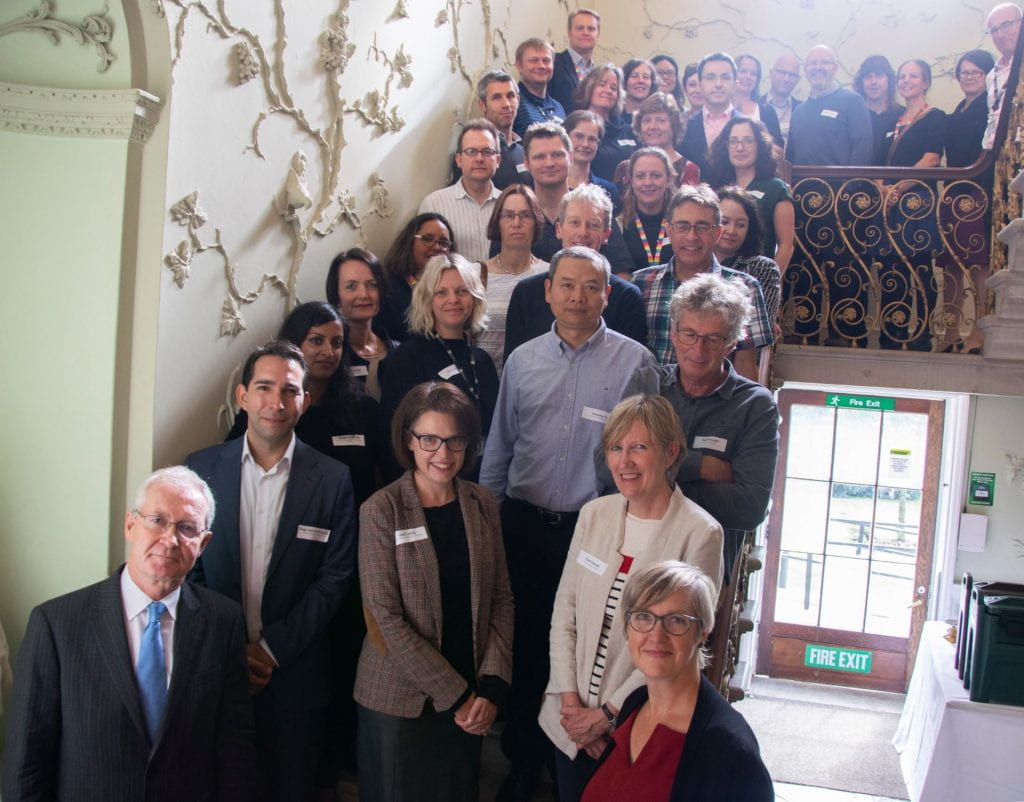I was really proud that the University marked this year’s Black History Month with such an exciting and varied programme of activities. Together, we celebrated the University’s connection to Bristol as a city and brought our students and staff into contact with the history and contribution of Black people to Britain.
The month’s events included:
-
- a weekly heritage trail which took students and staff through the St Pauls community to see and learn about the painted murals of the Seven Saints;
- the launch of the CARGO project, an immersive arts installation looking at Bristol and the African Diaspora’s histories and shared legacies;
- a high-profile lecture from historian Professor David Olusoga on Windrush and its place within the context of Black British history.
These events were led by the Bristol SU BME Network in collaboration with the BME Success Programme; thanks and congratulations to both teams, and to all who took part.
Our commitment to exploring our Black history mustn’t – and doesn’t – stop with the end of Black History Month. We need to continue to work with staff, students and communities in our city to help the University better understand its past and use that knowledge to shape our future. That’s why I am particularly pleased to announce that the University of Bristol has appointed its first Professor of the History of Slavery.
Professor Olivette Otele, the UK’s first female black history professor, will take up her new role from 1 January 2020 and will be based at the University’s School of Humanities and Centre for Black Humanities. This new role provides us with a unique and important opportunity to critically interrogate the University’s historical links to the transatlantic slave trade and to consider with communities in the University and the city how best to address its legacy.
Professor Otele’s research examines the various legacies of colonial pasts, understanding trauma, recovery and social cohesion, but also amnesia and reluctance to address various aspects of colonial legacies. She has been working on these complex and sensitive questions for nearly two decades. She aims to produce a rigorous and extensive piece of research that will be relevant to the University and to the city, and something that will be a landmark in the way Britain examines, acknowledges and teaches the history of enslavement. One of her first tasks in her role as Professor of the History of Slavery will be to undertake a two-year research project on the University of Bristol’s and the wider city’s involvement in the transatlantic slave trade.
The role complements the work of our BME Success Programme, which seeks to ensure that our teaching and learning are more inclusive, and our Race Equality Charter work, which seeks to foster a more inclusive workplace for our staff. Together, these initiatives promise to bring about real and lasting change and to create a truly inclusive university community.


